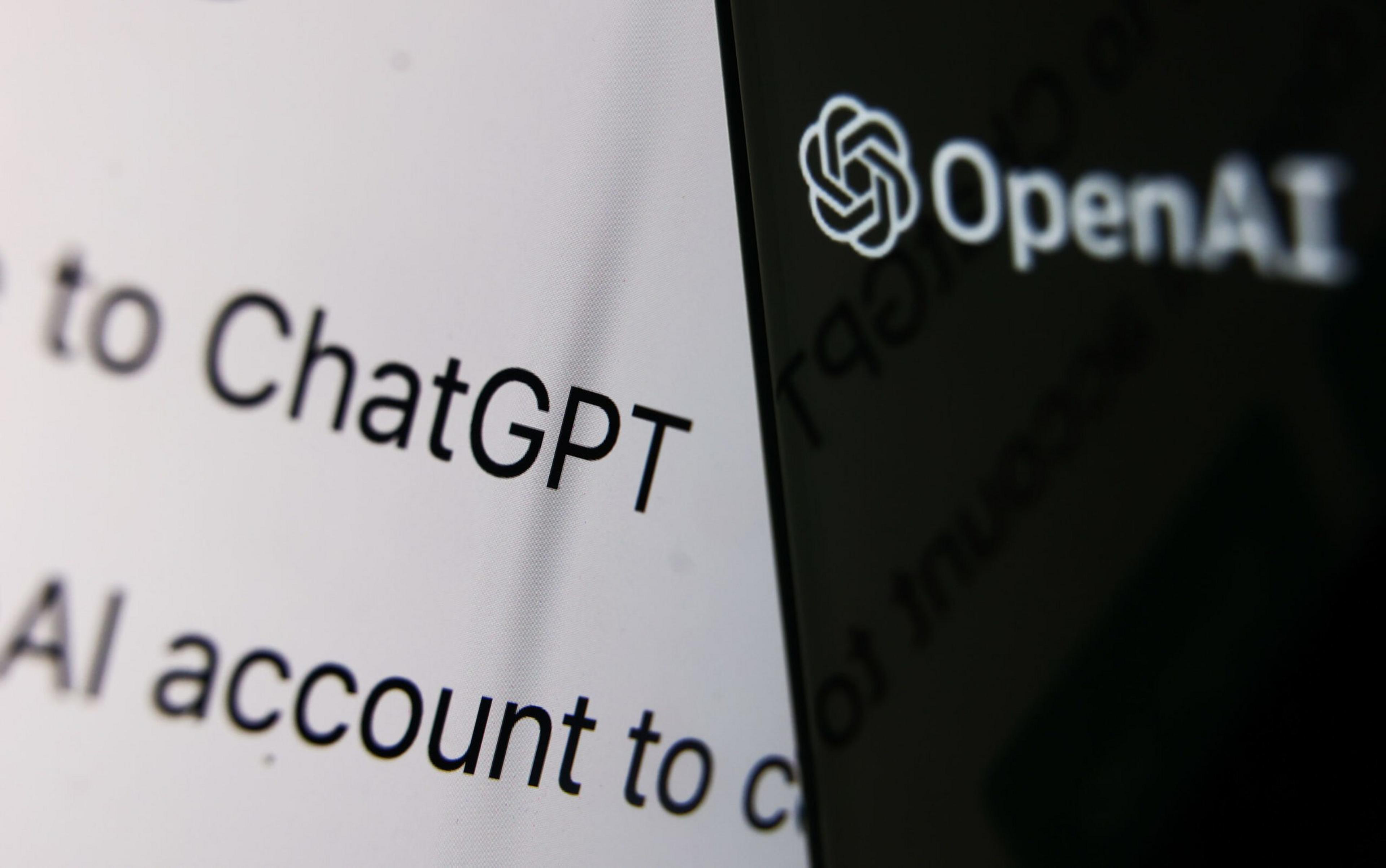Despite OpenAI CEO Sam Altman’s frequent public appearances, the firm’s internal structure and operations have remained notoriously opaque.
But the startup Levels.fyi has raised the curtain (opens in new tab) on a key aspect of OpenAI’s strategy: the compensation packages it’s offering to lure engineers to come aboard.
According to the startup’s data—which is taken from real, submitted offer letters mainly over the past year—the median compensation package OpenAI is offering to software engineers is valued at around $925,000.
That’s split up over a $300,000 base salary and $625,000 in OpenAI’s equivalent of stock compensation, a novel financial incentive (opens in new tab) called Profit Participation Units (PPU), which is meant to provide employees with benefits from the company’s potential financial upside.
In the offer letters provided to Levels.fyi, the PPU grants are given a nominal value and generally vest evenly over four years. The total compensation data provided to Levels.fyi for OpenAI engineers ranged from $325,000 to $1.37 million.
Five things we learned from our bare-all interview with Sam Altman

Levels.fyi was founded in 2017 to provide information on benefits, compensation and other job perks. It sells the data to users and employers, as well as services like resume review and consulting around compensation negotiation.
OpenAI did not respond to a request for comment on its compensation packages.
PPUs differ from stock options, which provide an opportunity to buy shares in an employer, as well as restricted stock units, which are stock-based compensation granted to employees at a certain date.
“In a way, PPUs kind of act like options because you have to overcome a threshold in order for them to have value,” said Josh Steinfeld, principal product strategist for equity management company Carta.
Steinfeld said that whereas stock options only have value if the stock price rises, PPUs only have value if the company is profitable above a certain threshold.
Part of the complexity is around how OpenAI employees can directly financially benefit from their PPUs, which translate to a percentage of future profits. The first option is to hold onto the PPUs until the company turns a significant profit—which, for an organization whose stated purpose is to spend billions to develop artificial general intelligence, could be years off.
The second, more immediate option is to sell them off to a willing buyer. Because of OpenAI’s structure as a “capped profit” company, PPUs are currently capped at 10 times their original stated value.
That means $1 million worth of PPUs grants can only be sold for up to $10 million. Additionally, OpenAI’s PPUs have a two-year lockup, meaning new hires have to hold onto their units for two years before selling them.
“We’ve seen earlier this year in January; they’ve done a tender offer where employees were able to sell these shares,” said Levels.fyi CEO Zuhayeer Musa. “Right now, they’re sold as almost a promise of future value.”
Musa said OpenAI’s system is the first example he knows of the use of PPUs at scale in the tech industry. He added that the organization has also made high base salary offers in comparison with the broader market. Research from Levels.fyi showed that the median compensation for AI-focused software engineers in the Bay Area is around $300,000.
The instruments are broadly similar to what’s known as Profit Incentive Units, which have been widely used among fund managers in the private equity space, and increasingly for the management of private equity portfolio companies, according to Zahava Blumenthal, a senior counsel at Cohen & Buckmann specializing in executive compensation and employee benefits.
This is in part because the profits interests are granted tax-free. The only tax PPUs are subject to is when the profits are realized or the units are sold.
“Plus, as opposed to options, profits interest is a little bit easier because there’s no expiration date and no exercise mechanism,” Blumenthal said.
Part of OpenAI’s reliance on PPUs is because of its founding structure as a nonprofit. In 2019, the company formed OpenAI LP, which allowed it to raise more capital from investors and provide what it termed a “capped return” to employees.
Whereas most startups are structured as C Corporations—which allow them to sell equity—utilizing PPUs allows OpenAI to provide comparable incentive packages within its corporate structure.
Experts across the board generally agree that while this system allows OpenAI recruiters to remain competitive with its big tech rivals, it’s likely not an approach many other startups will take on because of OpenAI’s unique structure. But the tactic has allowed the company to remain competitive in an increasingly tight labor market for engineers focused on AI.
“Anytime you’re at a startup, and you’re trying to recruit talent or even working on a secondary market, you’re kind of trying to sell the dream, right?” Steinfeld said. “In some cases, that takes the form of equity, and in this case, it’s future profit interest.”
